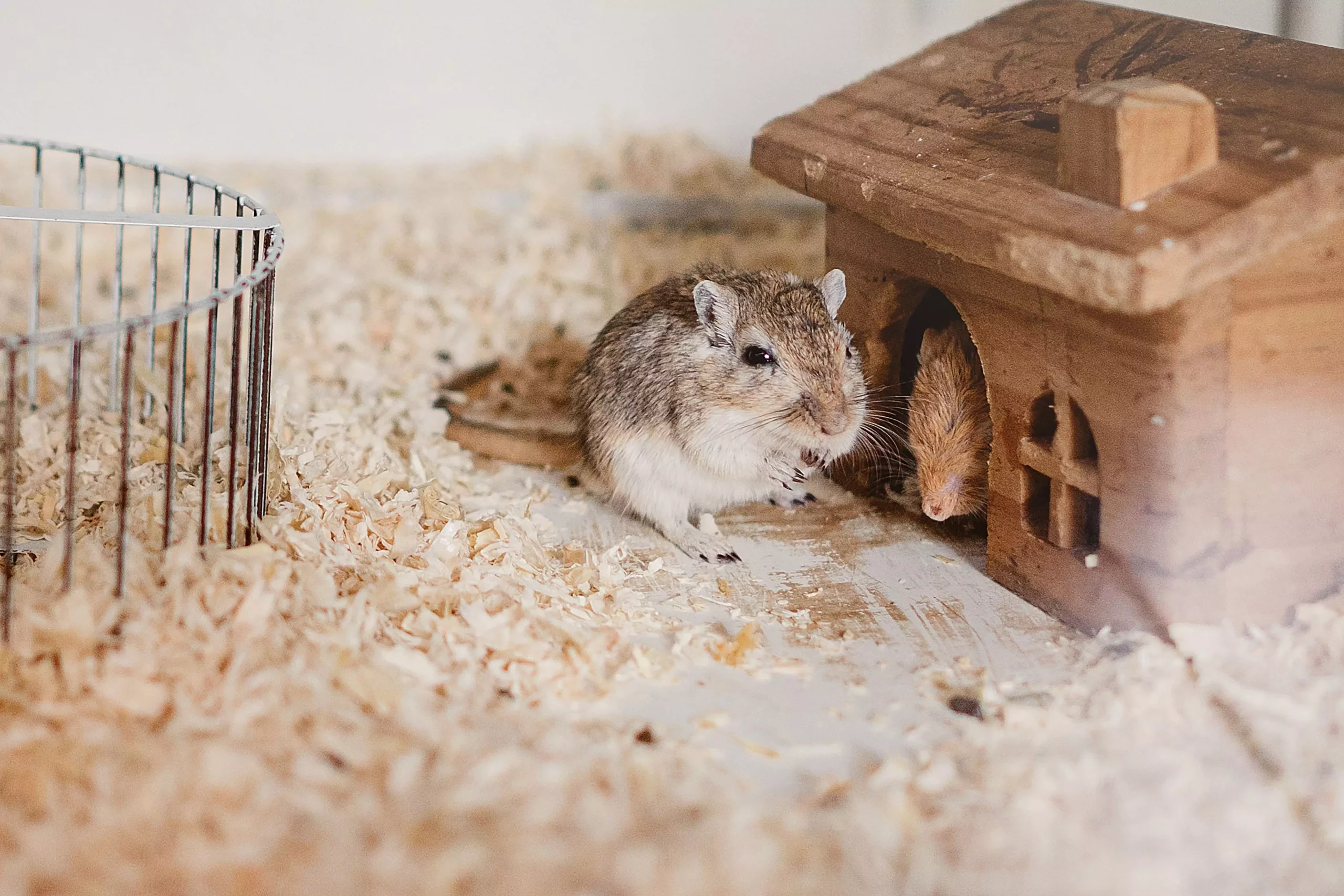As winter lingers and the temperatures continue to drop, pet owners with small companions need to adopt precautionary measures to ensure their pets remain healthy and comfortable. Animals such as rabbits, hamsters, birds, and reptiles have unique needs that differ significantly from those of traditional pets like cats and dogs. Failing to accommodate these needs can lead to serious health concerns, especially in colder climates. Here, we will discuss essential strategies for protecting your small pets during this chilly season.
The low temperatures of winter can pose a significant threat to small pets. Unlike dogs and cats that have been domesticated for centuries and have adapted to living in homes, many smaller animals require specific environmental conditions to thrive. Dr. Crystal Matt, an expert in avian medicine, warns that benign conditions in the home can quickly change to detrimental ones if adequate precautions are not taken. For instance, many small pets, including rabbits and guinea pigs, are susceptible to digestive issues, including gastrointestinal stasis, triggered by cold stress.
Understanding the warning signs of health complications can be crucial for early intervention. Keeping essential supplies, such as critical care feeding formulas, on hand ensures that you are prepared should a health crisis arise due to temperature fluctuations.
A primary concern during frigid weather is maintaining a warm environment for your pets. Many small animals are especially sensitive to cold; for instance, reptiles can quickly become inactive if temperatures drop. A good practice is to schedule routine wellness exams for your pet. Not only does this enable you to catch any underlying health issues before they worsen, but it also provides an opportunity to ask your veterinarian about safe heating methods for your pet’s habitat.
Having a backup heating method is essential, particularly in case of power outages. Battery-operated heating pads and air-activated hand warmers can serve as excellent alternatives to traditional heaters, but it’s crucial to ensure these devices are safe for your particular type of pet. Always incorporate a safe barrier, such as a cloth, between your pet and the heat source to prevent burns or overheating.
Protection from Frostbite and Frozen Pipes
As you prepare to provide heat, consider the implications of extreme cold beyond just heating. Prolonged exposure to low temperatures may lead to frostbite, especially in pets with less fur or those that are smaller in size. Regular checks on your pets during extremely cold conditions can help avoid these risks. Consult your veterinarian on the best practices tailored to your specific pet type.
Moreover, the freezing of pipes can exacerbate issues during cold spells. As a precaution, save fresh water in containers to ensure your pets have access, even if the pipes temporarily freeze. Planning ahead can save you from scrambling for solutions when the cold sets in.
Ensuring Adequate Care in Harsh Weather
In addition to the environmental adjustments you make, it is essential to ensure that your pets receive adequate care when you are away from home. Whether due to work commitments or emergency situations caused by severe weather, you need a plan to ensure your pets are fed and monitored.
Consider engaging a trusted friend, neighbor, or professional boarding facility to check on your pets during extended absences. It’s vital to have someone who can provide care and monitor the health of your pets. In particular, certain exotic species, like large reptiles, may need only sporadic feeding, yet they benefit significantly from social interaction and health checks in your absence.
Humidity Concerns for Small Animals
Apart from cold temperatures, humidity levels in the home can affect your pet’s well-being. Dry air associated with winter heating can lead to skin issues and respiratory problems in small animals. Most reptiles, for instance, thrive in environments with higher humidity, creating a challenging dilemma during winter months.
Many small pet owners may not realize the impact of humidity on their pets’ health. Therefore, it’s wise to consult with a veterinarian about the ideal humidity levels for your specific pet. They can offer recommendations on humidifiers or habitat adjustments to create a comfortable living environment.
While the winter season can be a festive time, pet owners must remain vigilant about their small animals’ needs. From maintaining a warm environment to ensuring proper humidity and care, several factors contribute to the well-being of pets during cold weather. Consulting with a veterinary professional and creating actionable plans before and during winter can enhance your pets’ comfort and health, keeping them safe until the warm spring days return.

